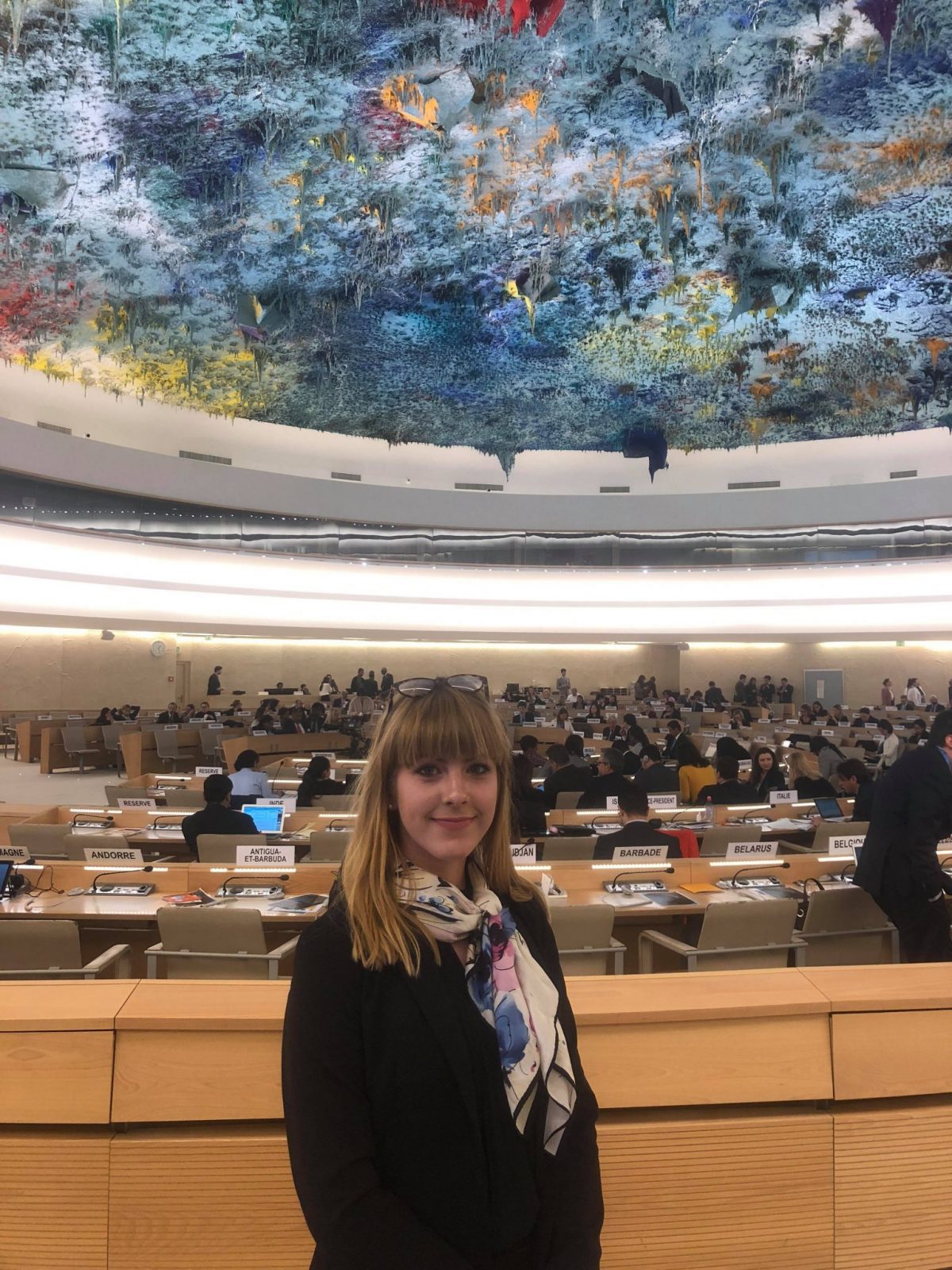28 February 2019 — Americans for Democracy & Human Rights in Bahrain (ADHRB) takes this opportunity to make an intervention for the Ítem 3 Clustered Interactive Dialogue with SR on Food and Foreign Debt during the 40th Session of the United Nations Human Rights Council (HRC). During her speech, Margaret McIntyre asked the Rapporteur what steps countries like Bahrain should take to ensure that financial assistance to pay off foreign debts are used to bolster economic growth rather tan support repressive mechanisms. Please continue reading for the full text of the statement, or click here for a PDF of her remarks.
Mr. Rapporteur,
IDO and ADHRB thanks you for your report and we call your attention to Bahrain, which has recently implemented a Value Added Tax for the first time and received a $10 billion loan from Saudi Arabia, the United Arab Emirates, and Kuwait. However, rather than utilizing this opportunity to implement much-needed economic reform, we are concerned Bahrain will use these funds to double down on repression.
Bahrain has a small and largely undiversified economy that is dominated by oil rent and complemented by the issuing of public debt. Despite this unsustainable economic model, Bahrain has invested heavily in weapons, signing major arms deals with security partners like the United States and the United Kingdom.
For example, in September 2017, it was announced the Bahraini government would purchase 3.8 billion dollars’ worth of weapons and materiel; a figure that was 65 percent of expected revenues in 2017. In 2018, Bahrain purchased $1.39 billion worth of weapons and materiel.
While Bahrain claims to use these weapons for regional security purposes, security forces like the Bahrain National Guard and Bahrain Defense Forces use the small arms and training they receive from the US and UK to repress the citizen population, including through arrest, rampant torture, and attacks on protesters.
In Bahrain’s repressive environment, it is unlikely that the flow of economic aid and new tax revenue will be channeled towards encouraging sustainable economic development, but instead further oppression.
Mr. Rapporteur, what steps can states like Bahrain take to ensure that financial assistance to pay off foreign debts are used to bolster economic growth rather than support repressive mechanisms?
Thank you.





